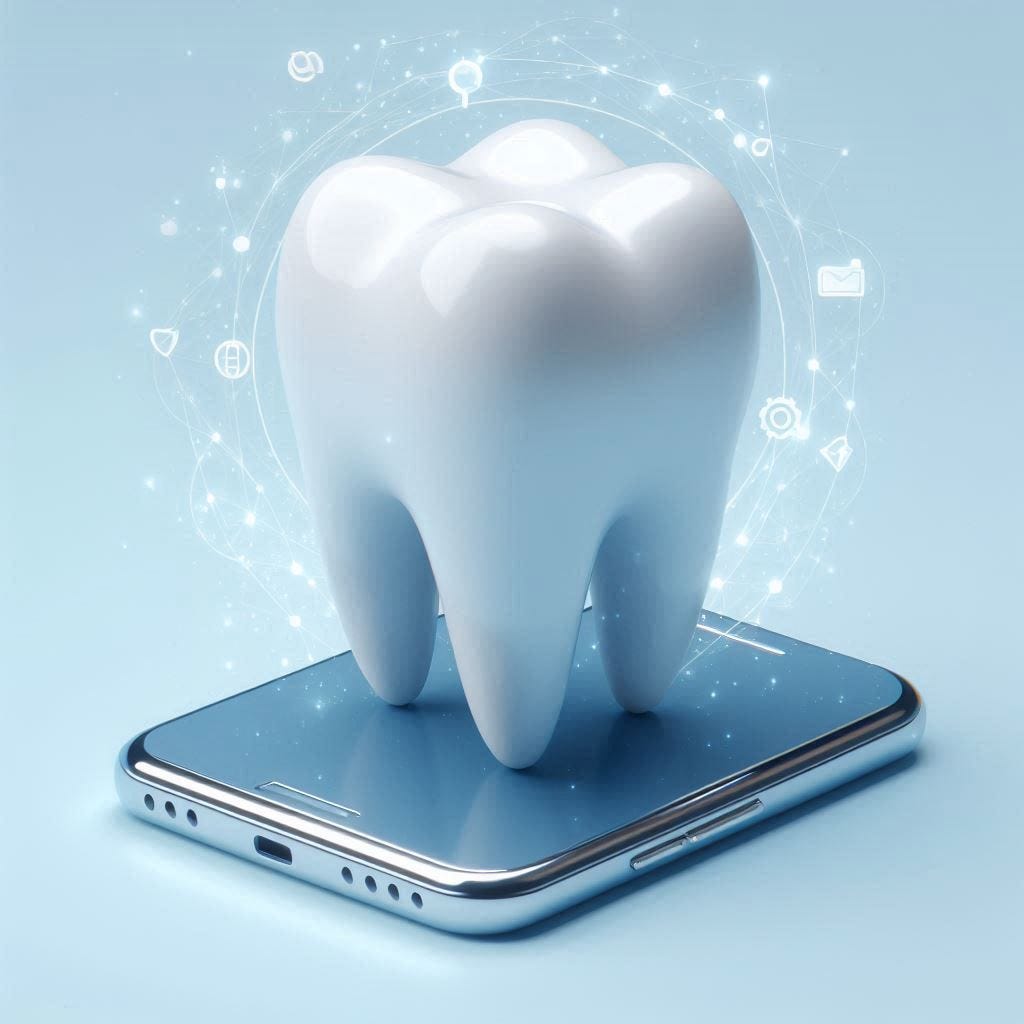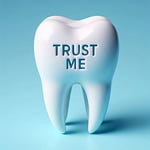The practical applications of artificial intelligence (AI) have been growing as the technology improves and people become more familiar with its use. In previous episodes of the podcast we talked about some of the clinical applications and ethical implications of artificial intelligence in clinical diagnosis and treatment planning. In this episode we explore opportunities to automate or assist with administrative tasks like writing clinical notes, and balance that with a consideration of some of the risks.
What does it mean to summarise information? How accurate will that AI summary mean? Do you know the best way to ask the right questions to ensure the most accurate summary - a skill known as prompt engineering. Is there a risk of bias in the way that AI tools interpret information? And importantly, what are some of the legal ramifications.
If you are considering using AI tools to assist with your clinical notes (or you are already doing so), then this is a must listen episode.
In this episode of the Dental as Anything podcast I speak to Bree Jones about the use of artificial intelligence in writing health records. Bree is completing a PhD at the Inflammatory Origins Research Group at Murdoch Children Research Institute, Royal Children's Hospital Melbourne doing clinical research that investigates the validity of 3D images produced using intraoral scanners for clinical diagnostics to improve early disease detection in children. She has published on artificial intelligence in oral health care, education and research.
You can listen to the podcast here, and it is also available on Spotify and Apple Podcasts - don’t forget to follow/subscribe, and share with your friends.
In case you missed it, you can catch up with the previous episodes of the Dental As Anything podcast here. Or check-out the top 4 most listened to episodes:
















Share this post